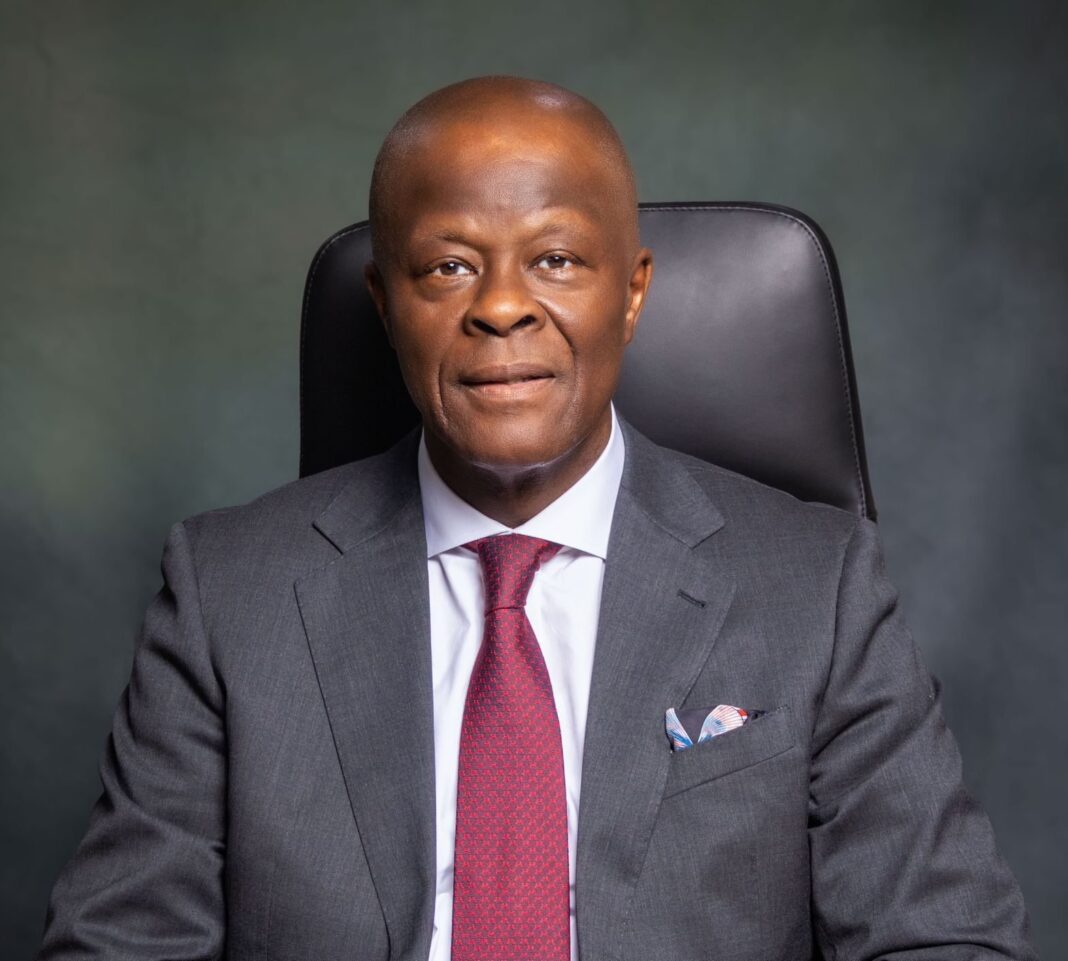Nigeria has spent approximately $2.93 billion on servicing Eurobond debt over eight quarters under President Bola Tinubu, according to data from the Debt Management Office (DMO). Analysis of records from Q3 2023 to Q2 2025 shows that Eurobond payments accounted for 31.5% of the country’s total external debt service of $9.32 billion during this period.

Of the $2.93 billion, $2.43 billion went to interest, meaning 83% of Eurobond payments were interest charges, highlighting the high cost of commercial borrowing and its strain on public finances. Only $500 million was applied to reducing the principal.
The first full quarter under Tinubu, Q3 2023, was the most expensive, with Nigeria paying $943.66 million, comprising a $500 million principal redemption and $443.66 million interest—67.8% of total external debt service that quarter. Payment peaks typically occurred in Q3 and Q1 due to Eurobond coupon schedules. In contrast, Q4 2023 and Q4 2024 recorded lower obligations, paid entirely in interest.

By June 2025, Nigeria’s Eurobond stock had risen to $17.32 billion, representing 36.86% of total external debt, up from $15.62 billion in June 2023—a 10.88% increase. To finance budget gaps and refinance maturing debt, the government raised $2.35 billion through a dual-tranche Eurobond in November 2025, split between a 10-year note at 8.63% and a 20-year note at 9.13%. The issuance attracted a record $13 billion in bids from investors worldwide.
DMO officials and government representatives, including President Tinubu and Finance Minister Wale Edun, highlighted that strong investor participation signals confidence in Nigeria’s economy and fiscal reforms. Proceeds from the Eurobond are earmarked for the 2025 budget deficit and other government funding needs.

Financial analysts offered mixed reactions. Some, like Olatunde Amolegbe of Arthur Stevens Asset Management, noted that Eurobonds provide rapid access to capital with flexible terms, making them useful for financing infrastructure and growth projects. Others, like Dayo Adenubi, warned of high costs and refinancing risks if projects funded by Eurobonds do not yield expected returns.

Economist Adewale Abimbola observed that Nigeria’s strong repayment track record and recent oversubscription indicate investor confidence, but cautioned that continued reliance on expensive commercial debt requires disciplined fiscal and macroeconomic management to avoid future distress.

The data underscore the growing weight of interest charges on Nigeria’s finances and the challenge of balancing access to foreign capital with long-term debt sustainability.




